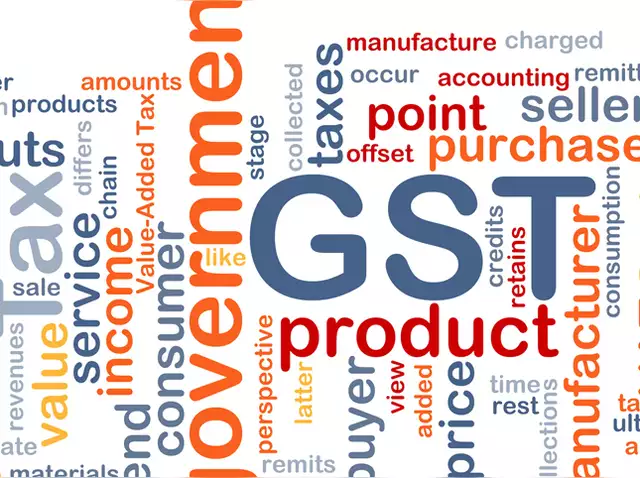
As businesses across India strive to comply with Goods and Services Tax (GST) regulations, the process of maintaining accurate records and live action tracking can present numerous challenges. From ensuring real-time data accuracy to managing the complexities of GST returns, businesses face several pain points that can impact their efficiency and compliance status. In this blog, we’ll delve into these pain points and offer strategies to overcome them.
1. Real-Time Data Accuracy
Pain Point:
Maintaining accurate and up-to-date records in real time is crucial for GST compliance. Errors in data entry, delays in updating records, and inconsistencies across various systems can lead to discrepancies that complicate the GST return filing process.
Solution:
Investing in robust GST software that integrates seamlessly with your existing accounting systems can automate data entry and synchronization, reducing the likelihood of errors. Regular audits and reconciliations are also essential to ensure that your records are accurate and up-to-date.
2. Complexity of GST Returns
Pain Point:
Filing GST returns can be a complex process due to the different types of returns (GSTR-1, GSTR-3B, etc.), varying deadlines, and the need for detailed transaction data. This complexity can be overwhelming, especially for small and medium-sized enterprises (SMEs).
Solution:
Using specialized GST compliance tools that provide a user-friendly interface for return filing can simplify the process. These tools often come with features like automated reminders for deadlines, step-by-step guidance, and pre-validation of data to catch errors before submission.
3. Managing Multiple GSTINs
Pain Point:
Businesses operating in multiple states need to manage multiple GST Identification Numbers (GSTINs), each requiring separate record-keeping and return filing. This can lead to confusion and increase the risk of non-compliance.
Solution:
Centralized GST management software can help streamline the process by consolidating data from multiple GSTINs into a single dashboard. This allows for easier tracking, reporting, and compliance across all locations.
4. Handling Input Tax Credit (ITC)
Pain Point:
Claiming Input Tax Credit (ITC) accurately is critical but challenging, as it requires meticulous tracking of eligible and ineligible credits, matching purchase invoices with returns, and adhering to complex rules.
Solution:
Automated reconciliation tools can match purchase invoices with returns in real time, ensuring that all eligible ITCs are claimed and discrepancies are identified promptly. Regular training for accounting staff on ITC rules and updates can also help maintain compliance.
5. Keeping Up with Regulatory Changes
Pain Point:
GST regulations are subject to frequent changes and updates. Staying informed and ensuring that your business practices remain compliant can be time-consuming and challenging.
Solution:
Subscribing to updates from official GST portals, attending webinars and training sessions, and using software that automatically updates to reflect regulatory changes can help your business stay compliant. Having a dedicated compliance officer or team can also ensure that changes are implemented promptly.
6. Data Security and Confidentiality
Pain Point:
With sensitive financial data being processed and stored, ensuring the security and confidentiality of this information is paramount. Data breaches or leaks can have severe consequences.
Solution:
Implementing strong cybersecurity measures, such as encryption, secure access controls, and regular security audits, can protect your data. Using reputable GST software providers who prioritize data security can also offer peace of mind.
7. Dealing with Audits and Notices
Pain Point:
Receiving a notice or undergoing a GST audit can be daunting, requiring businesses to produce detailed records and justifications for their transactions. This process can be stressful and time-consuming.
Solution:
Maintaining meticulous records and having an organized document management system can ease the audit process. Regular internal audits can help identify and address issues before they attract regulatory attention. Consulting with GST experts can also provide guidance and support during audits.
Conclusion
Navigating the complexities of GST compliance requires a proactive approach to managing records and ensuring real-time accuracy. By leveraging technology, staying informed about regulatory changes, and adopting best practices for data management, businesses can overcome these pain points and maintain smooth, compliant operations. Investing in the right tools and training can make a significant difference in mitigating the challenges associated with GST compliance.
LinkedIn Link : RMPS Profile
This article is only a knowledge-sharing initiative and is based on the Relevant Provisions as applicable and as per the information existing at the time of the preparation. In no event, RMPS & Co. or the Author or any other persons be liable for any direct and indirect result from this Article or any inadvertent omission of the provisions, update, etc if any.
Published on: May 21, 2024
